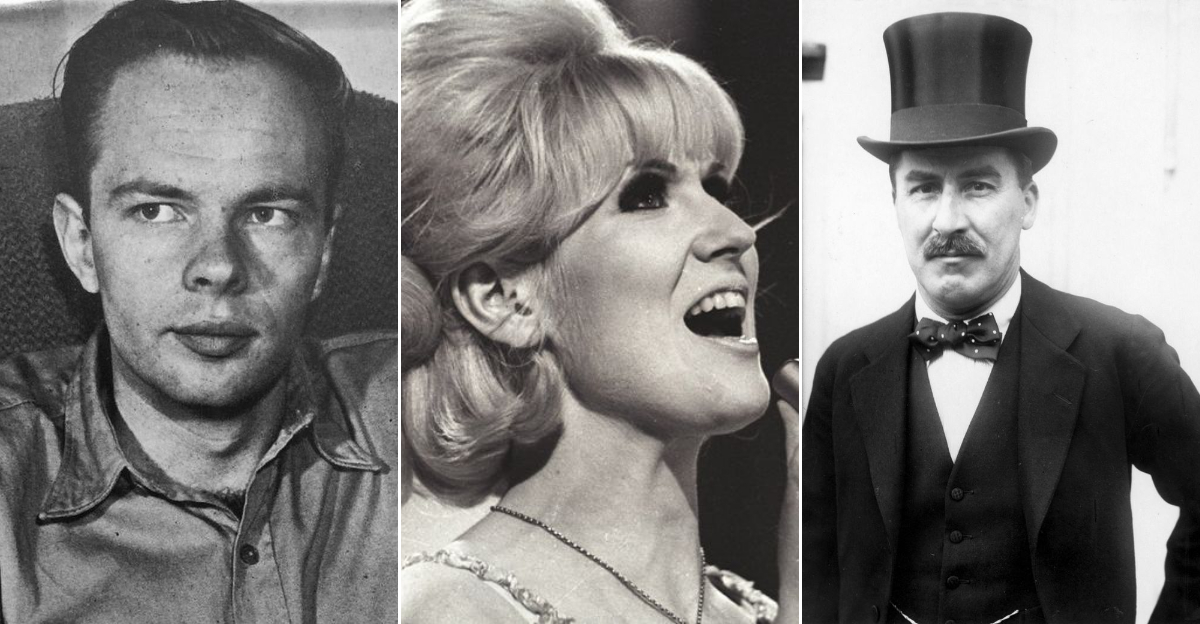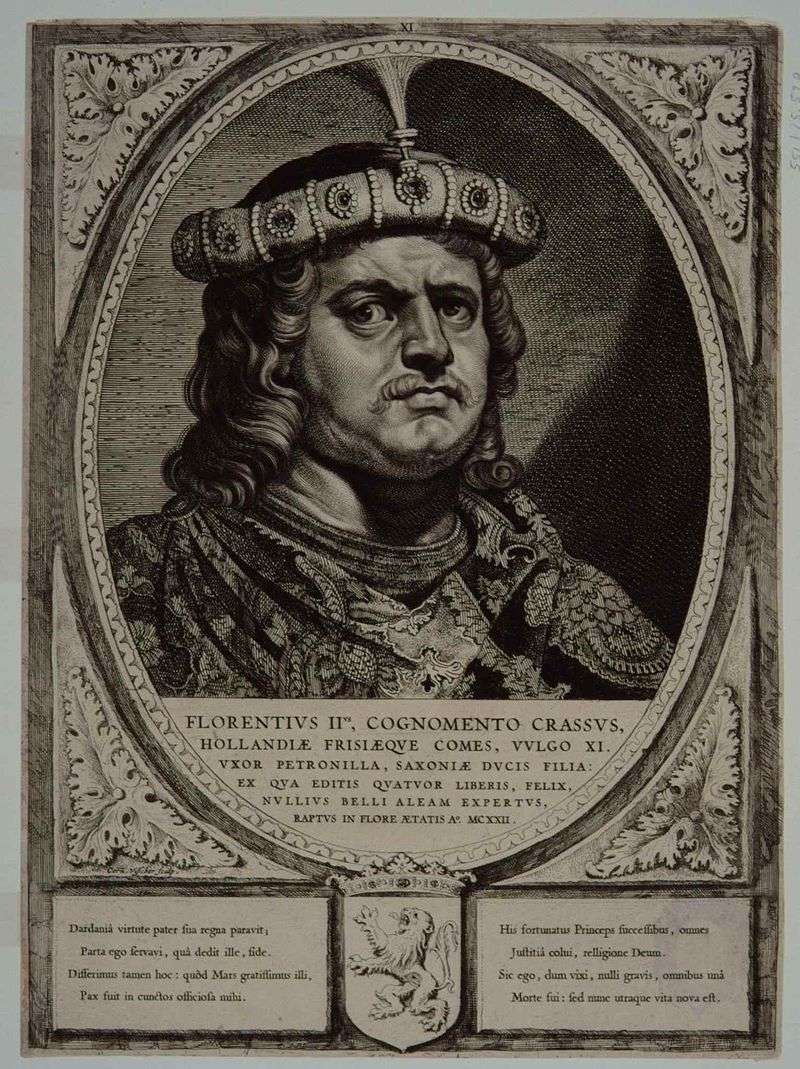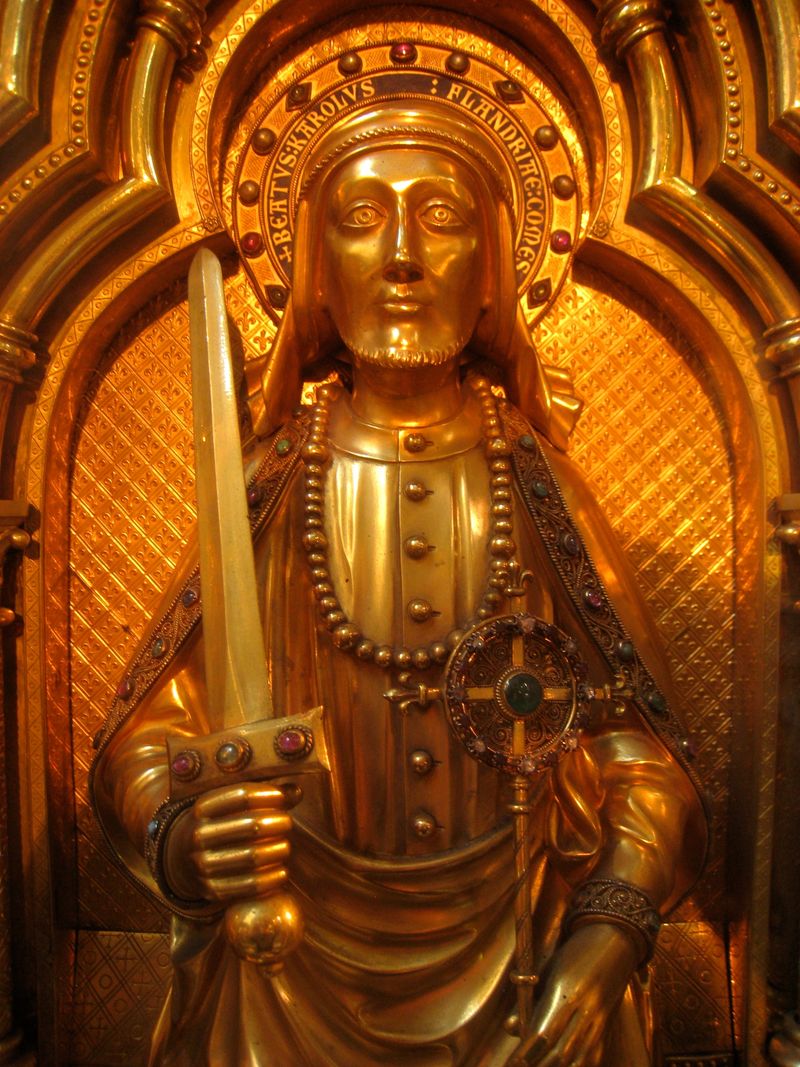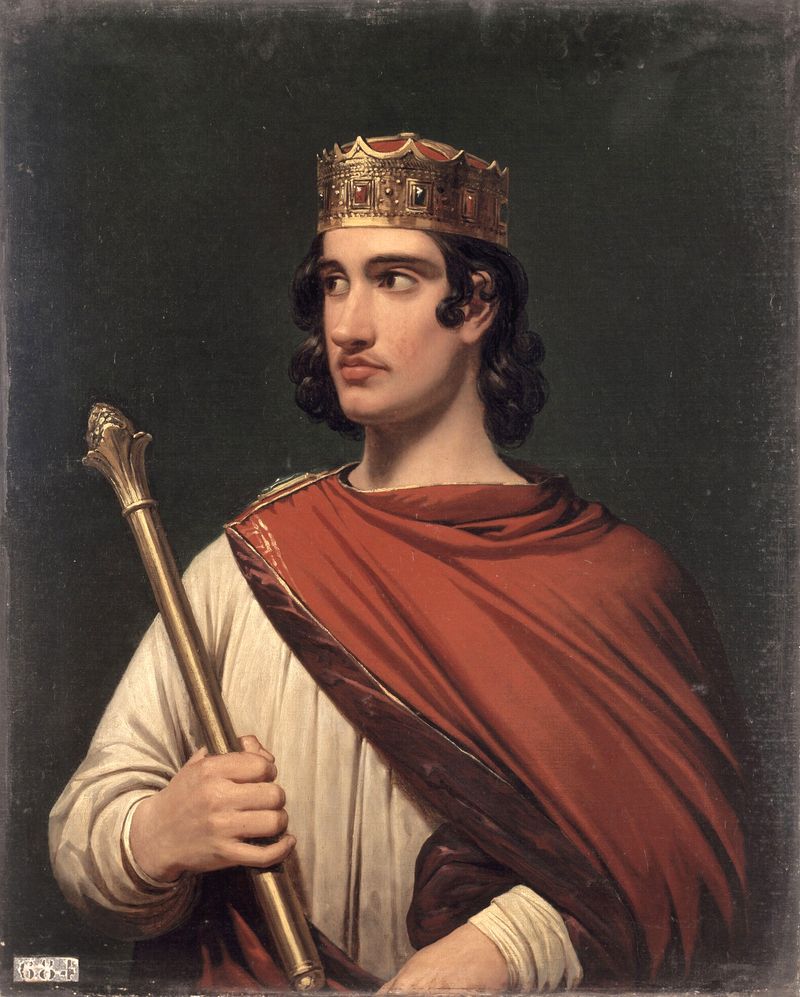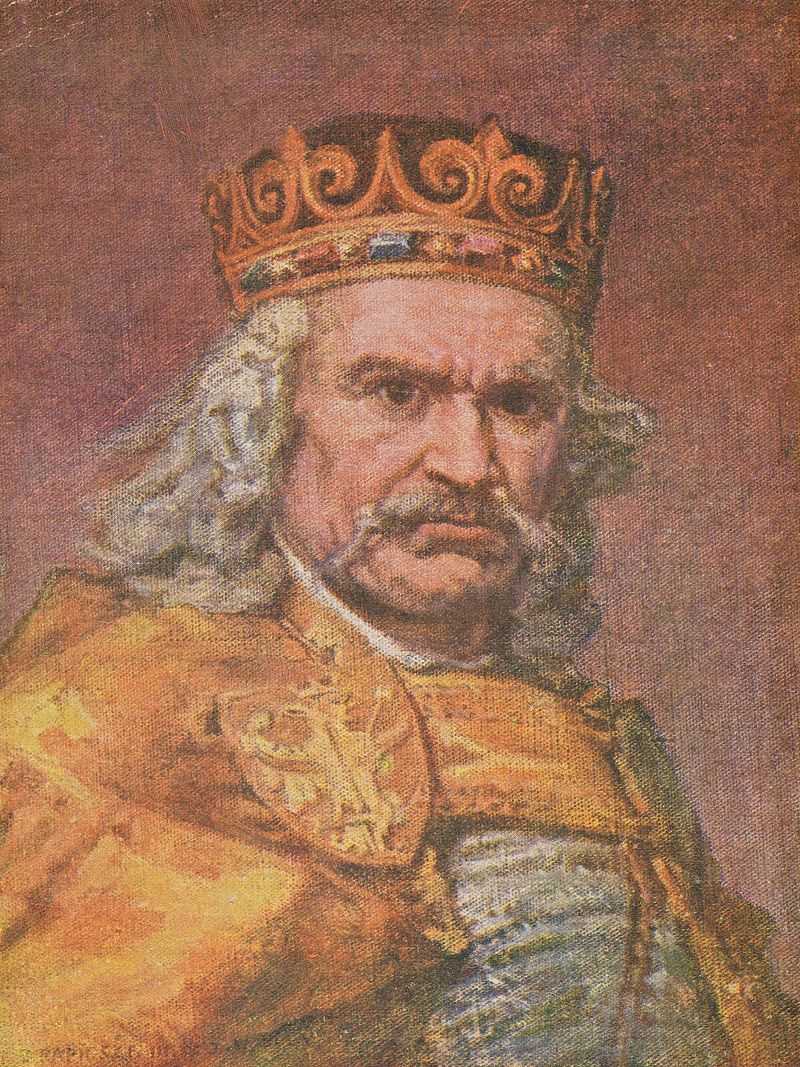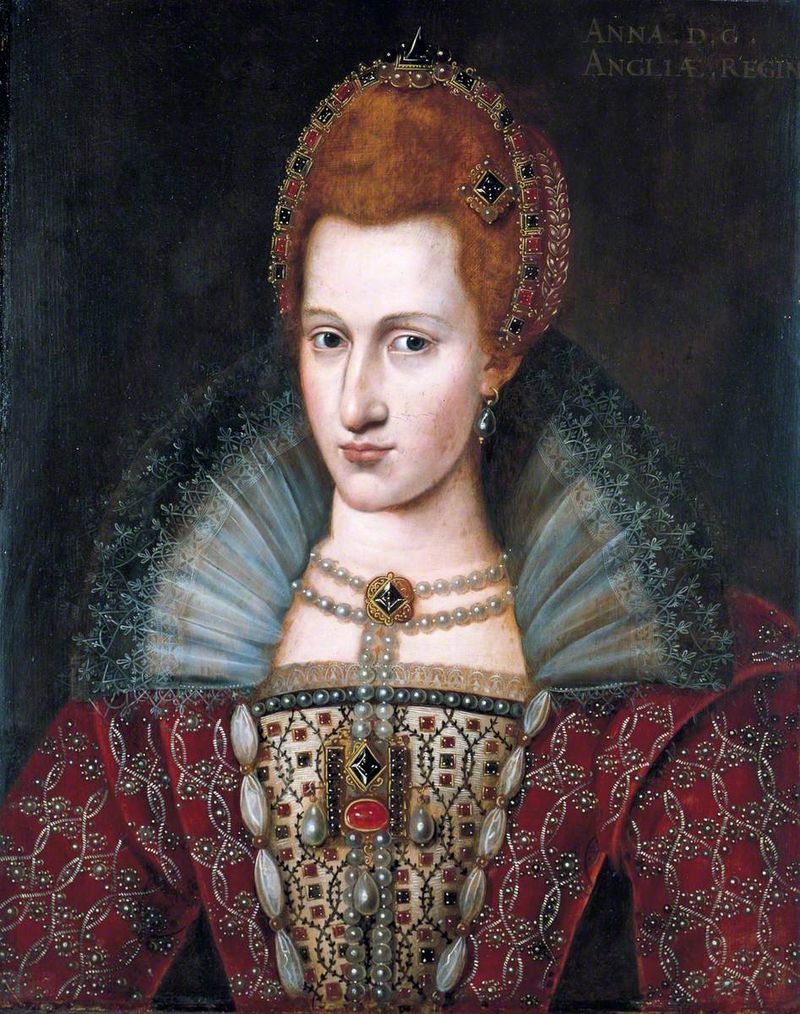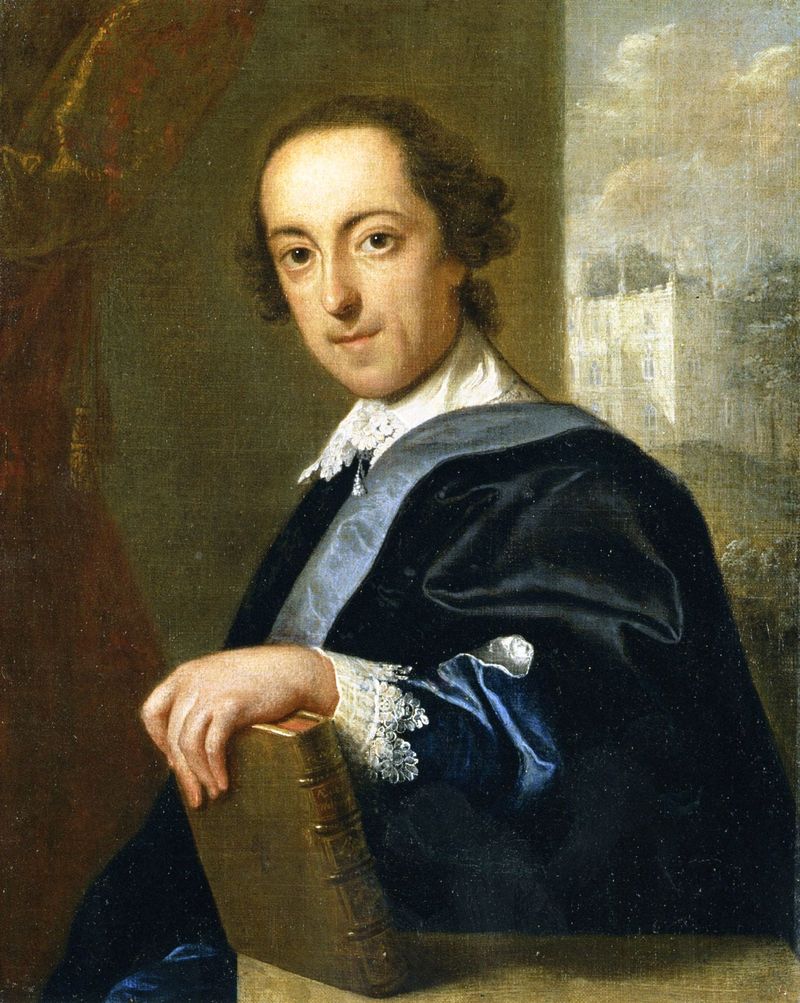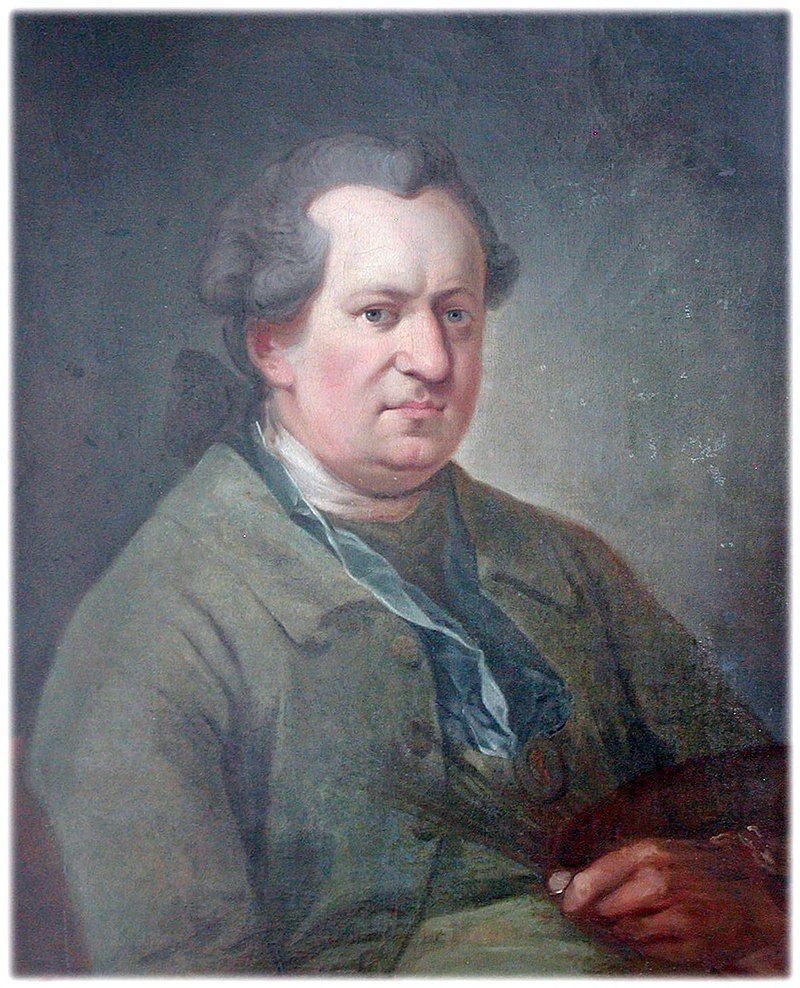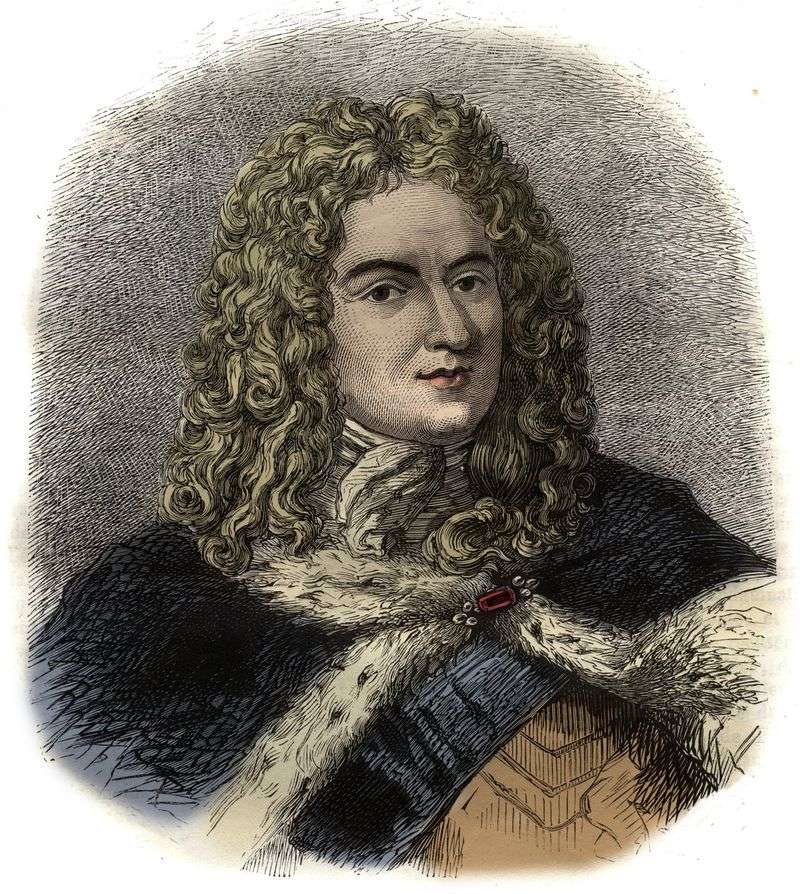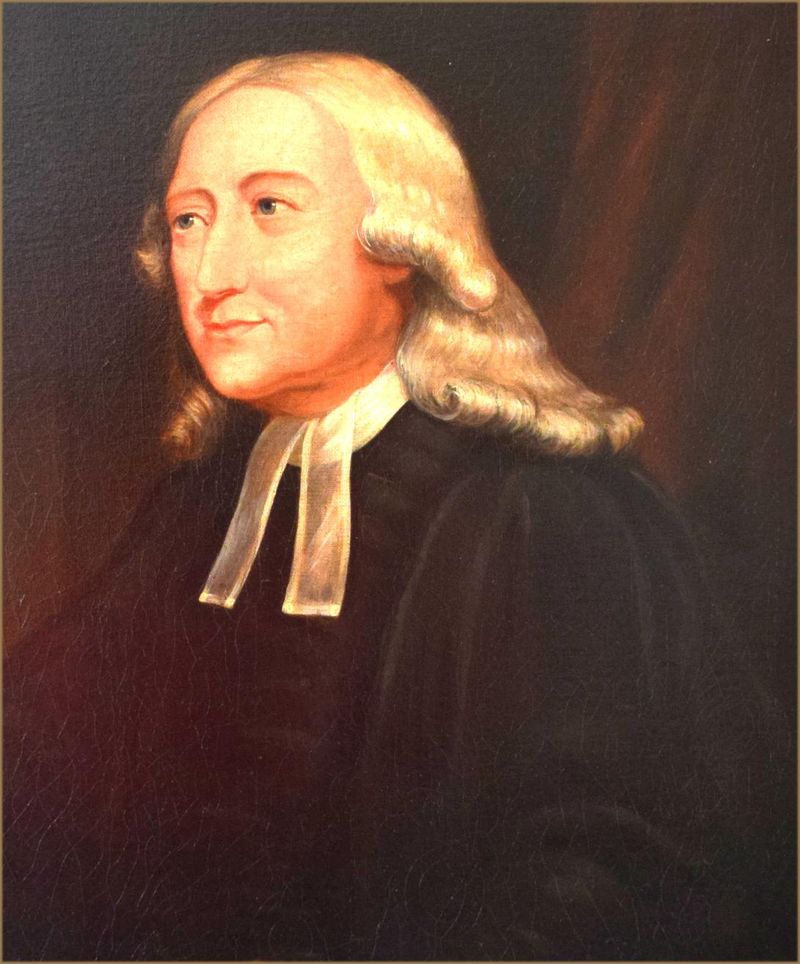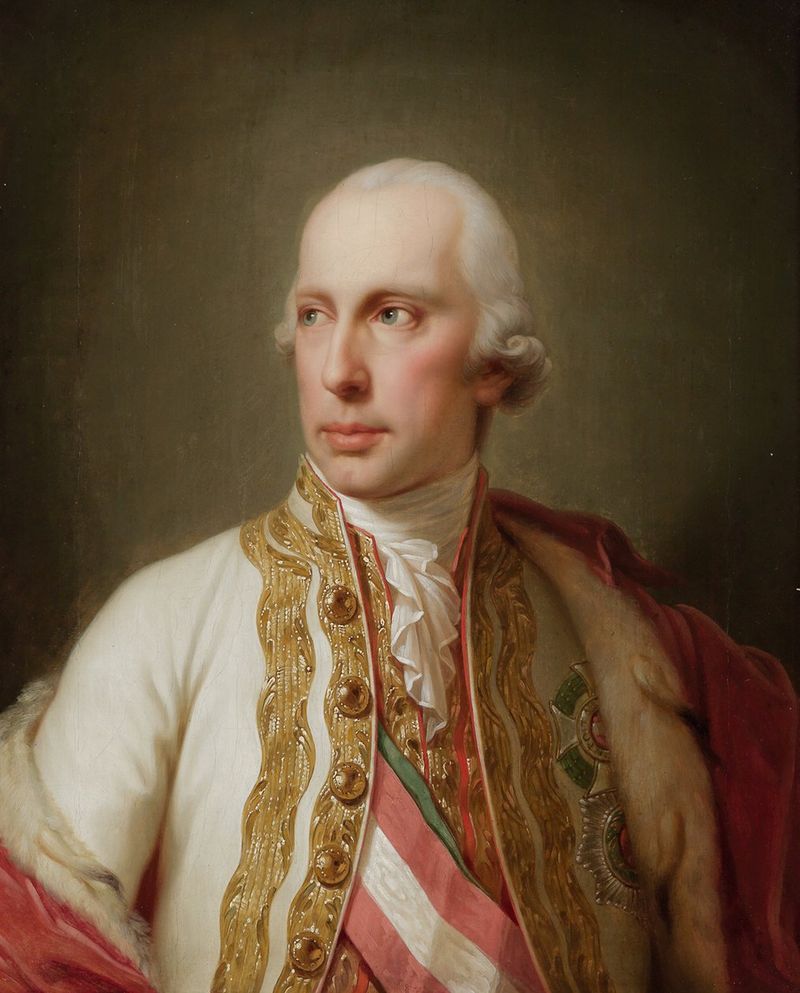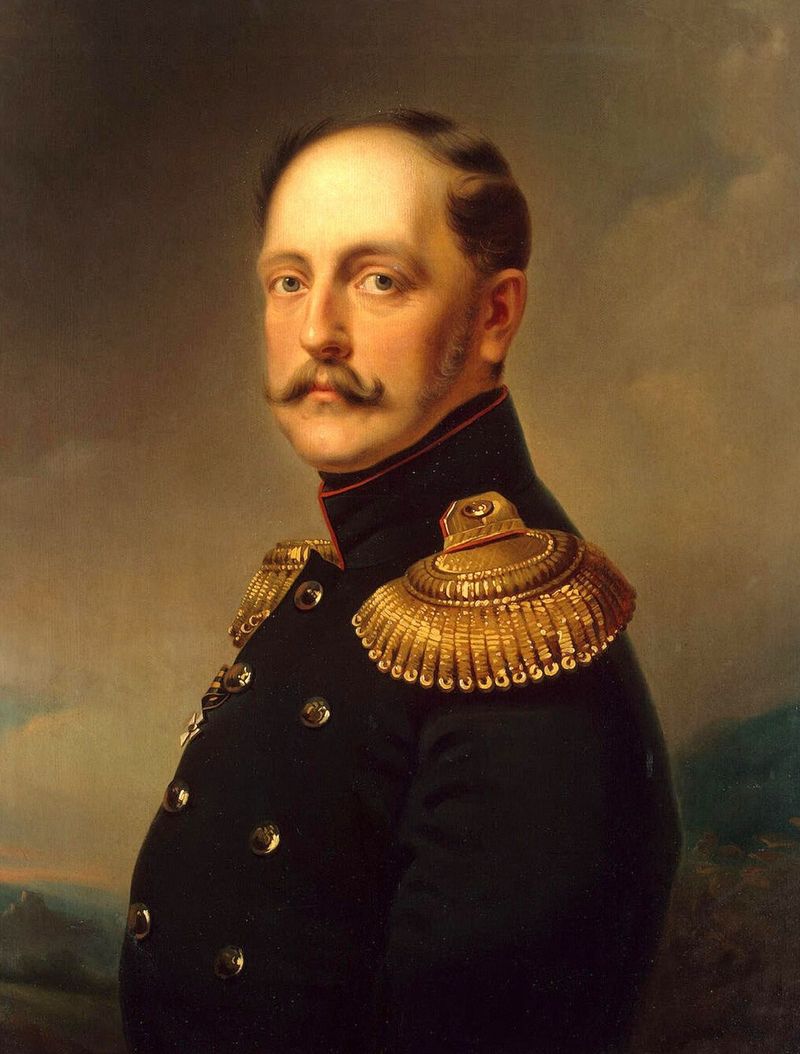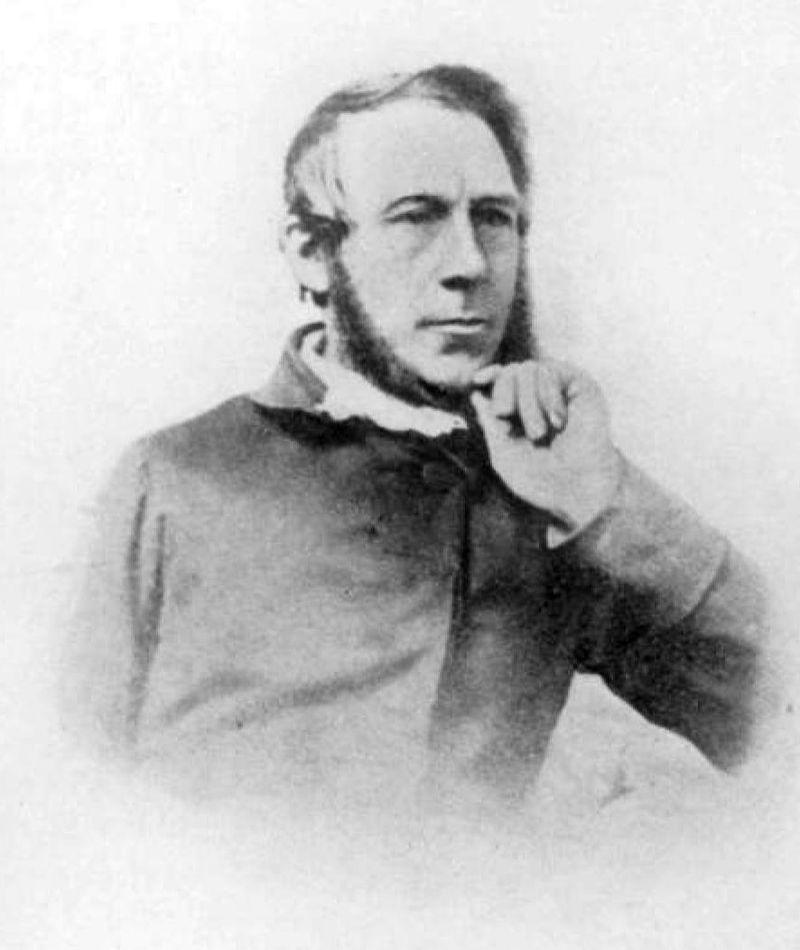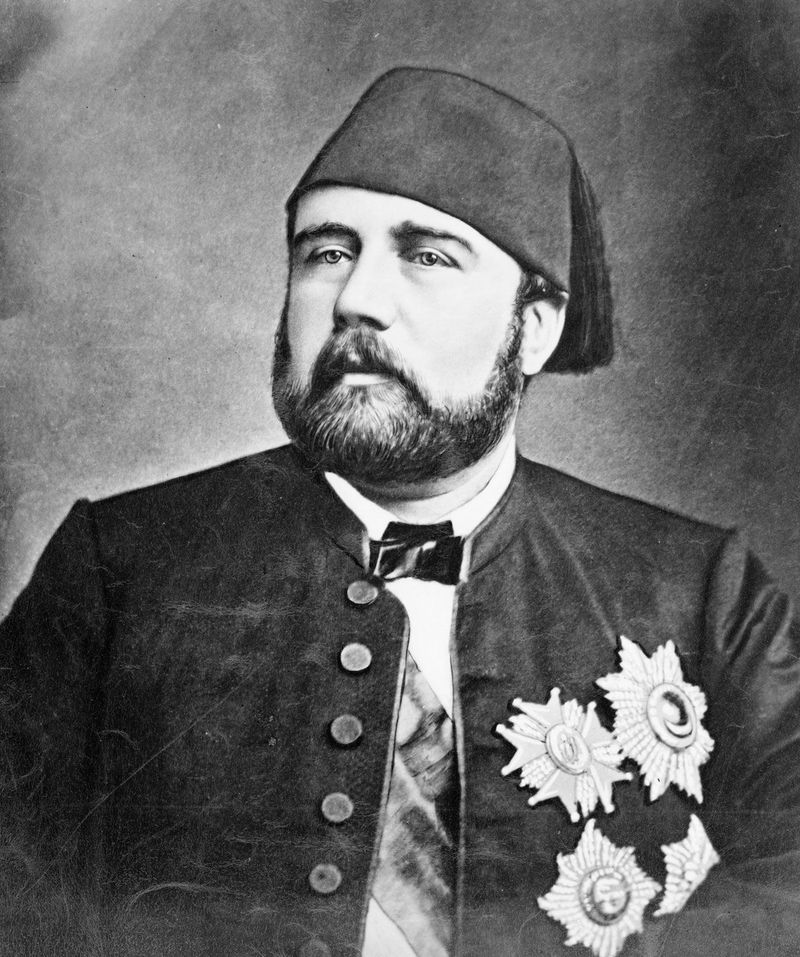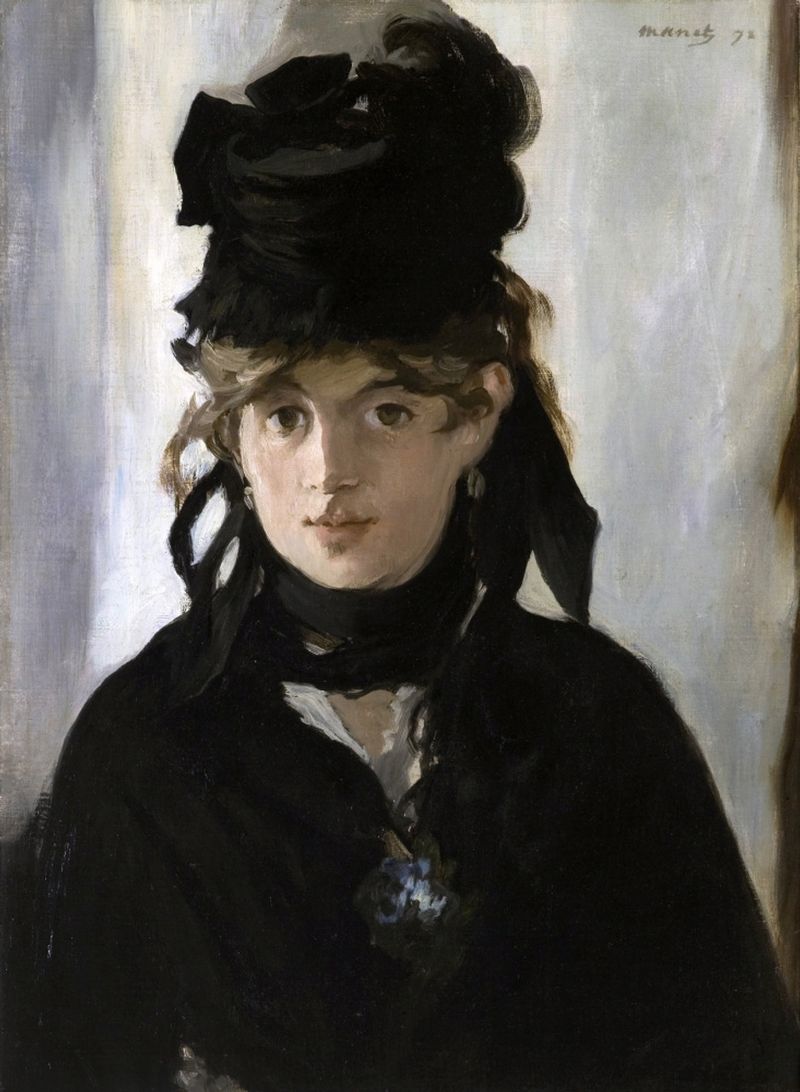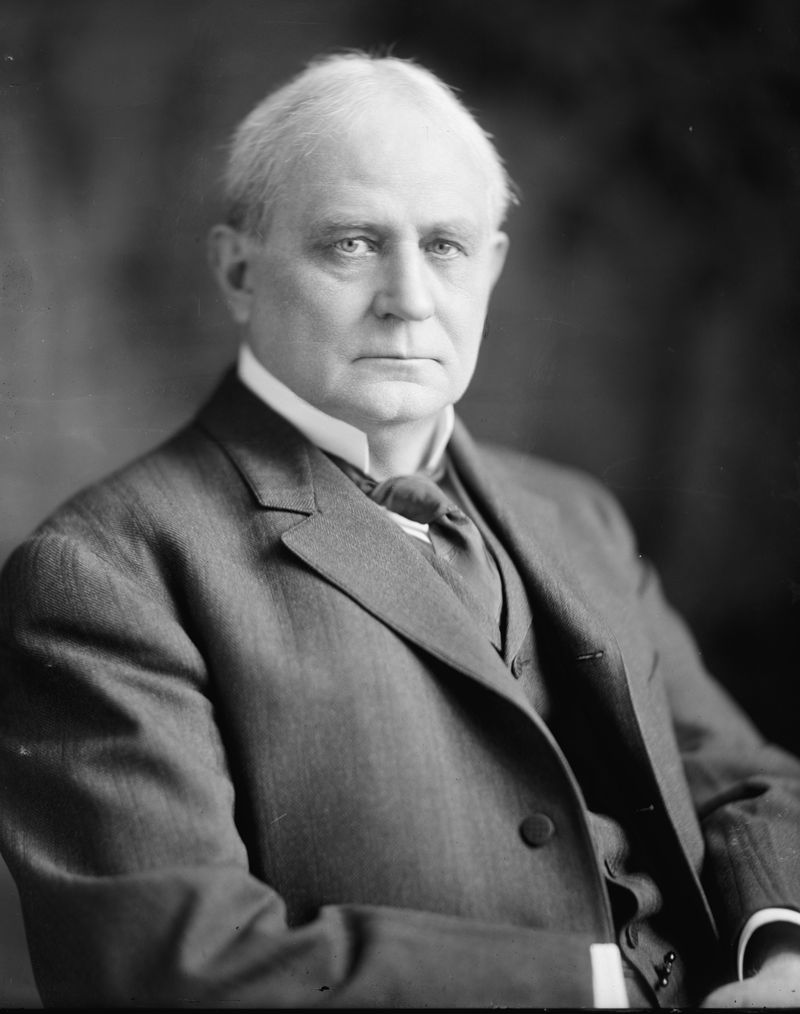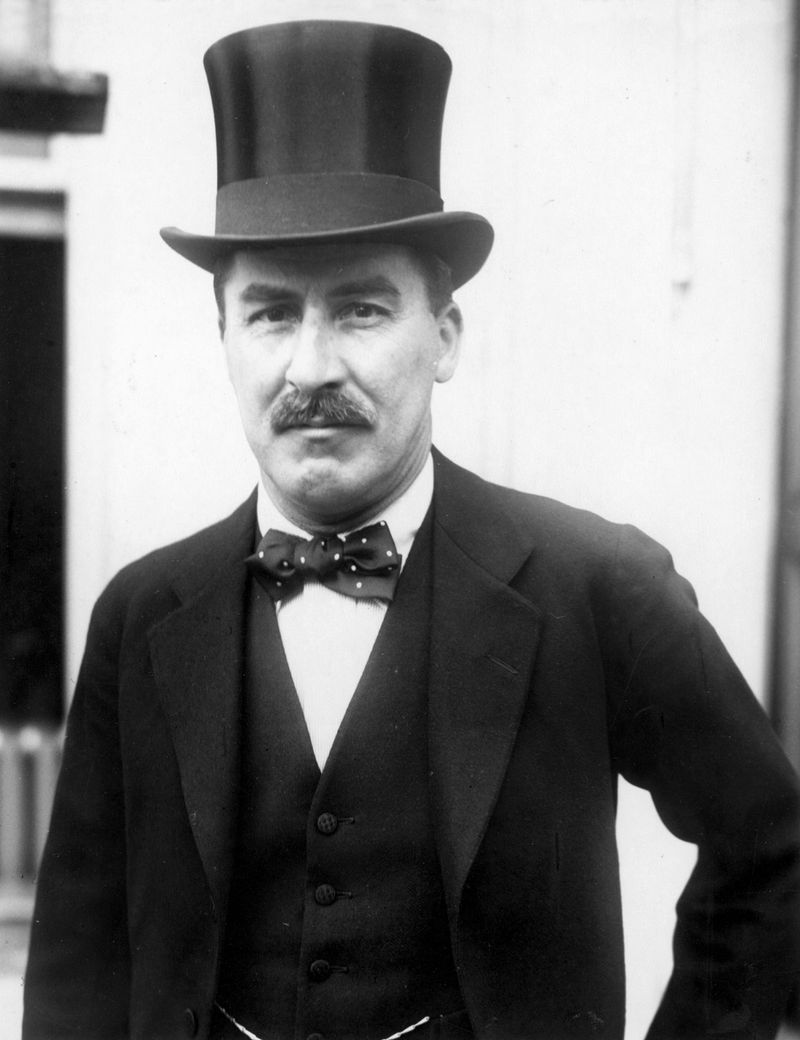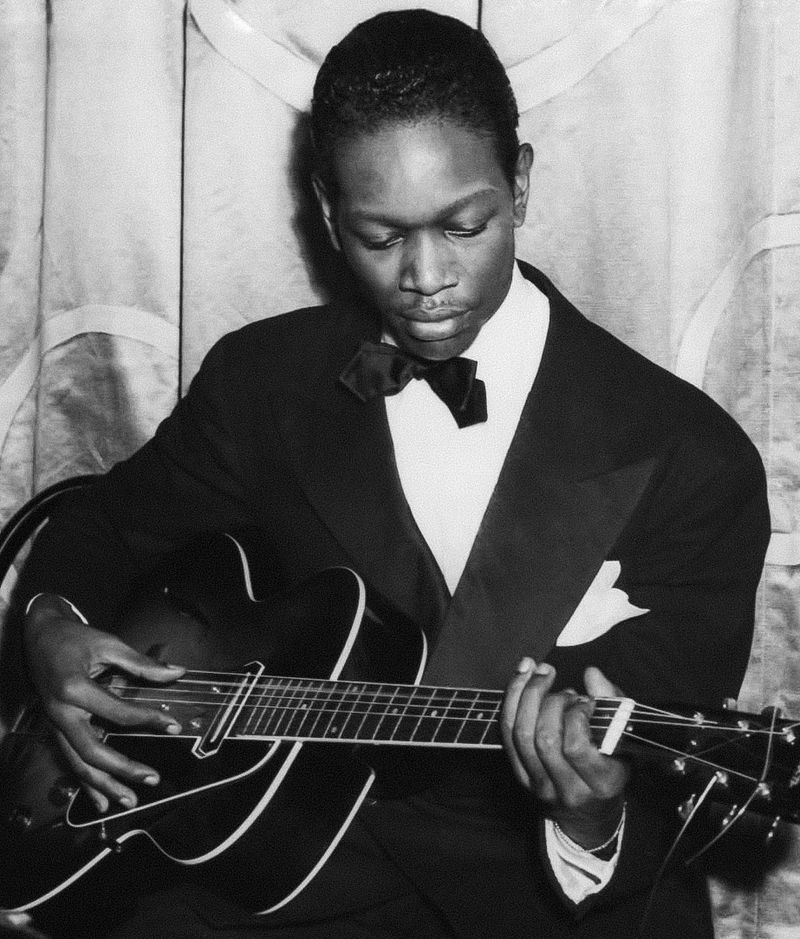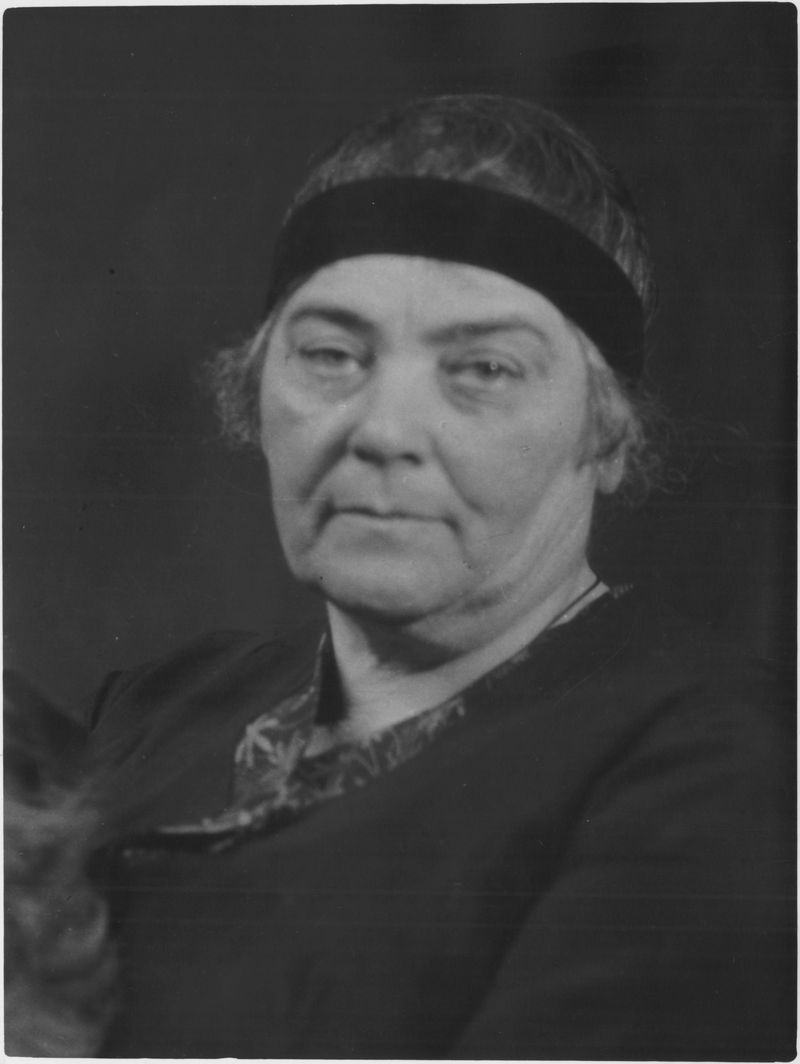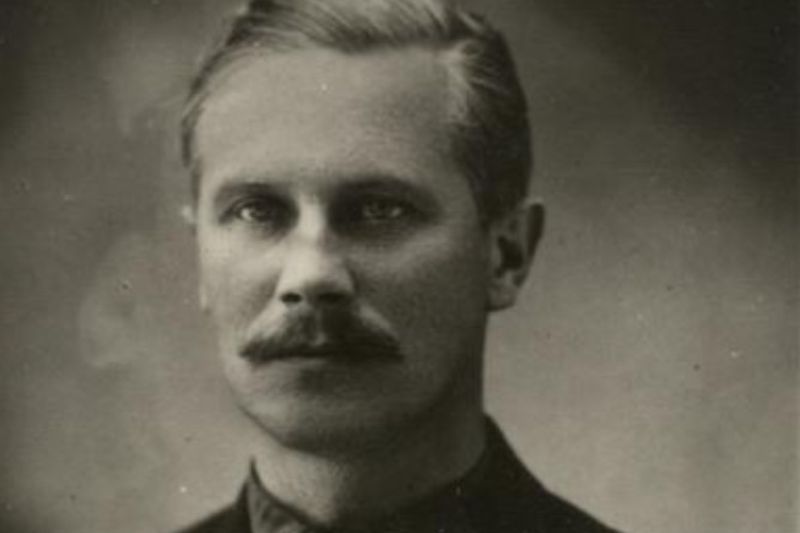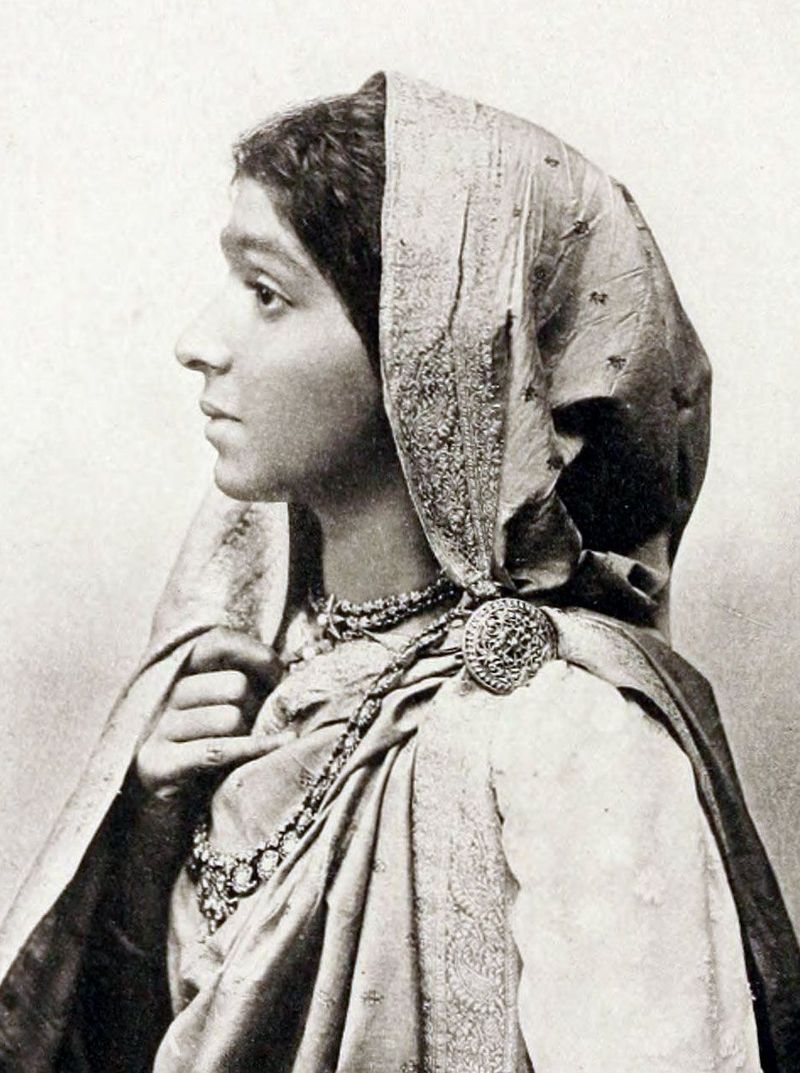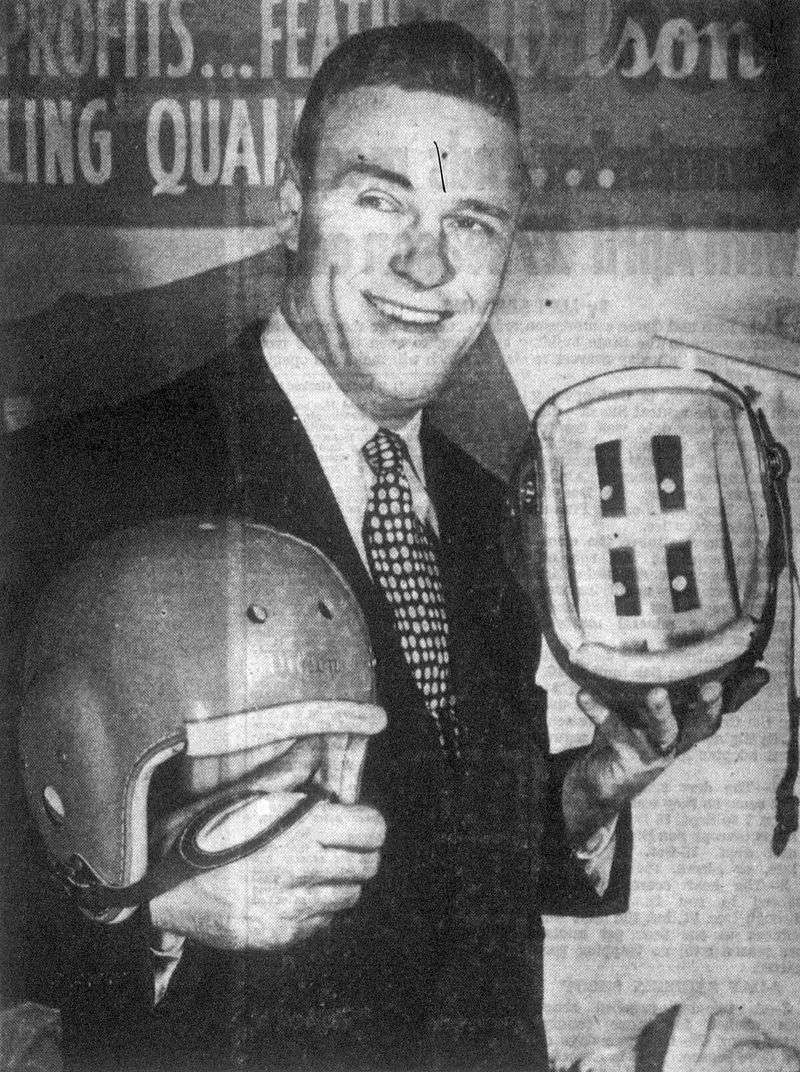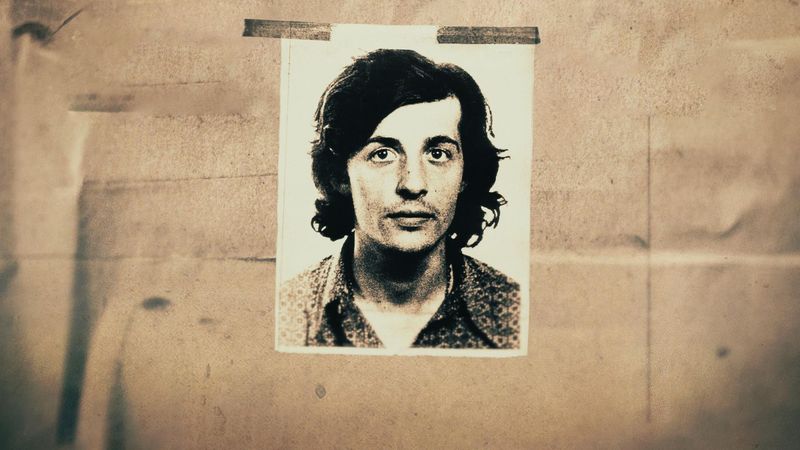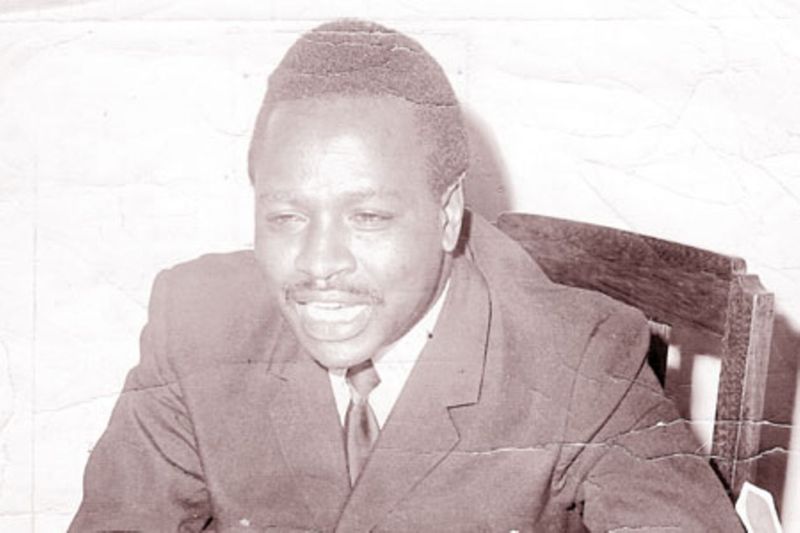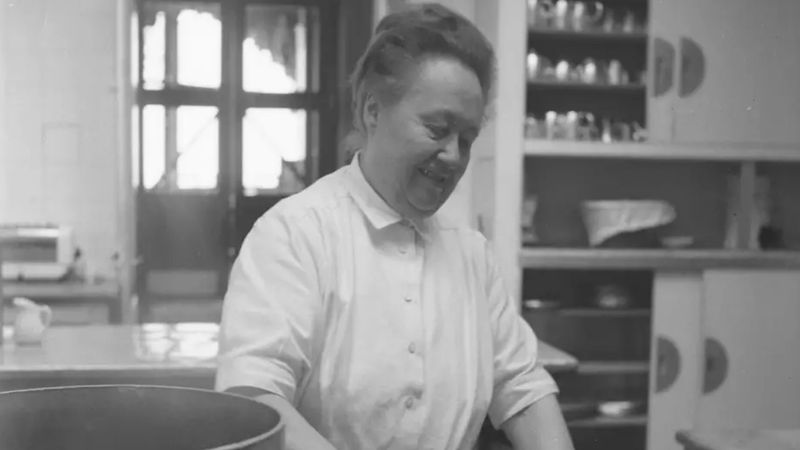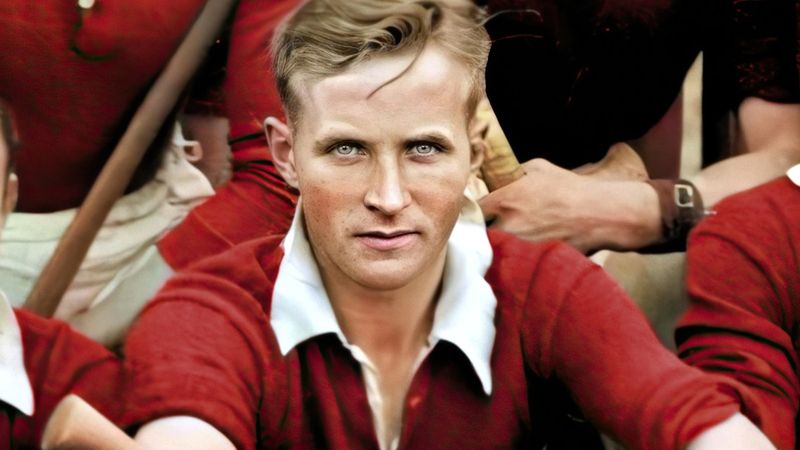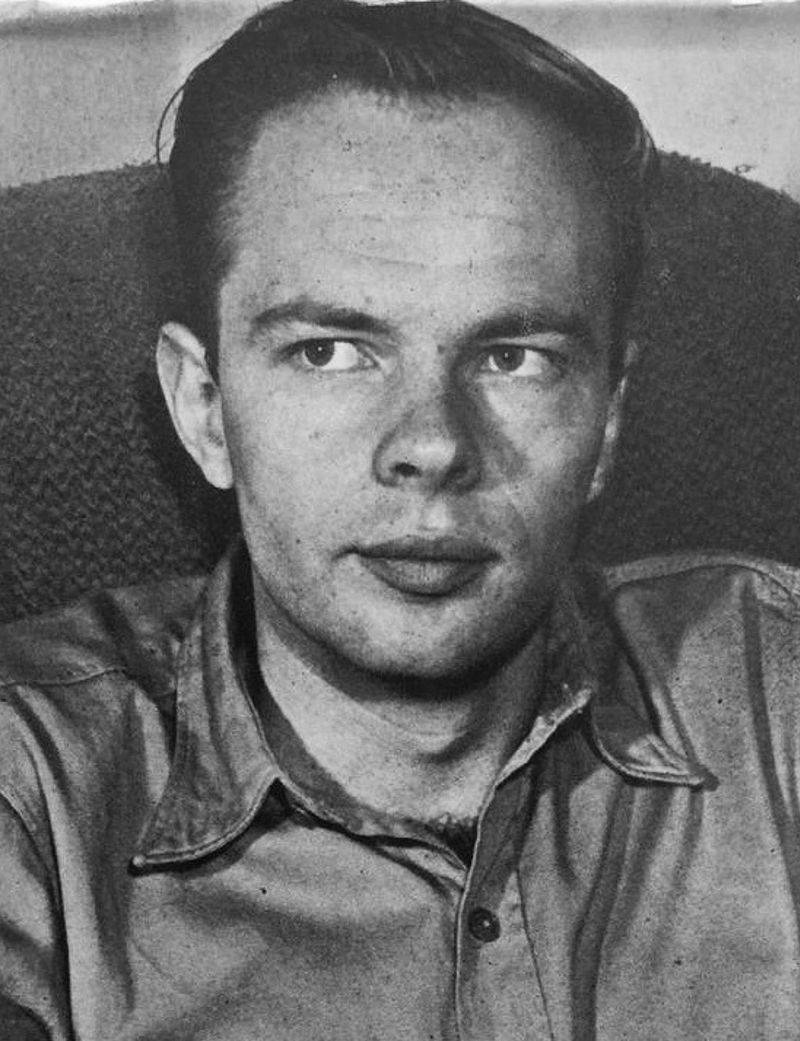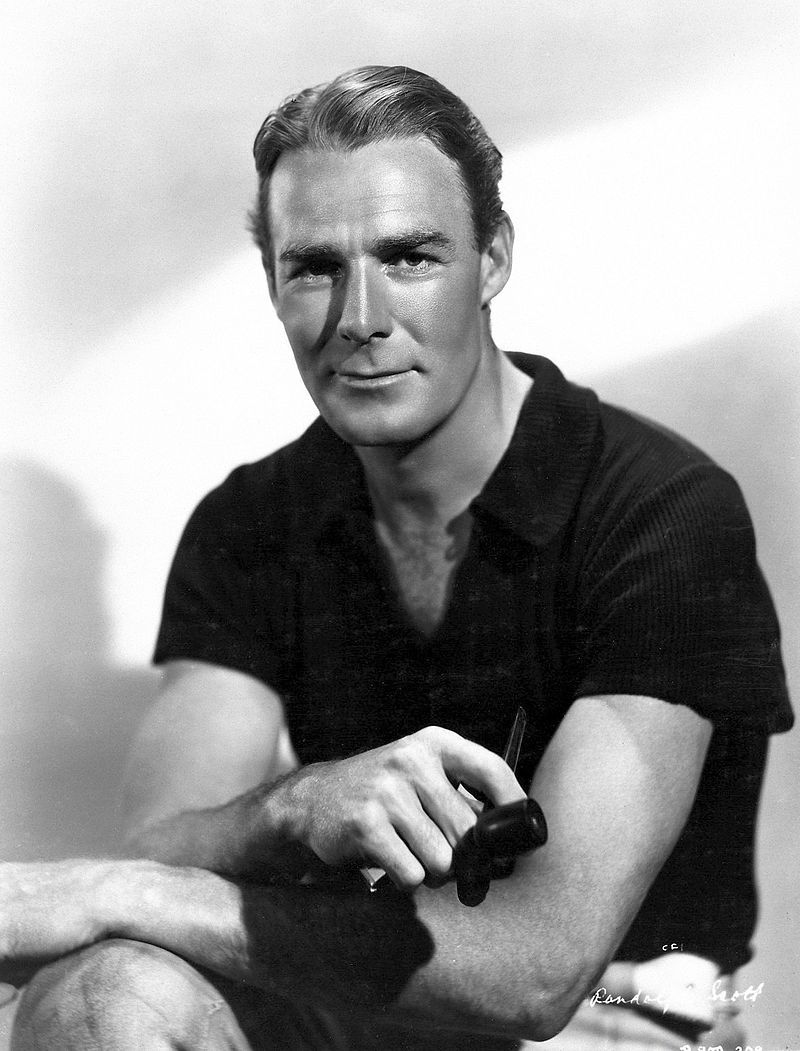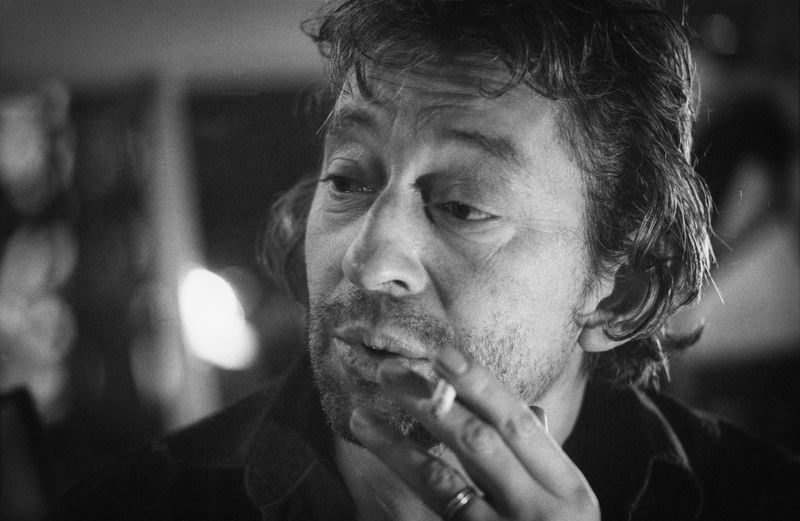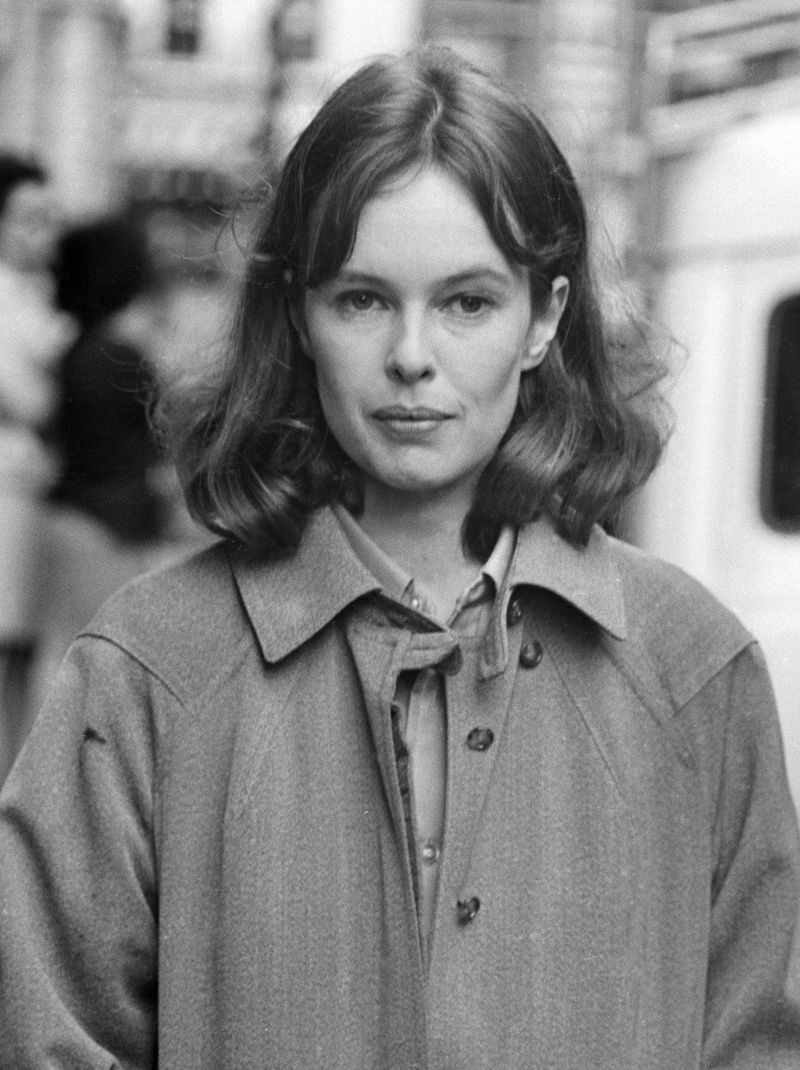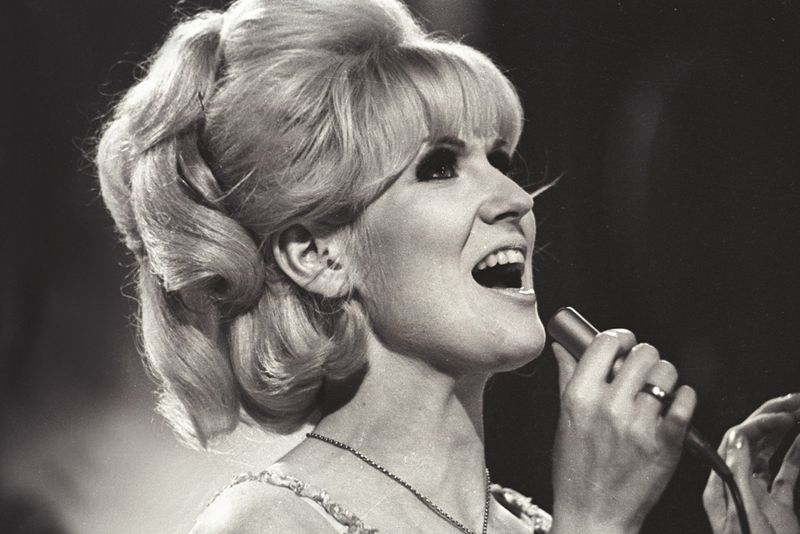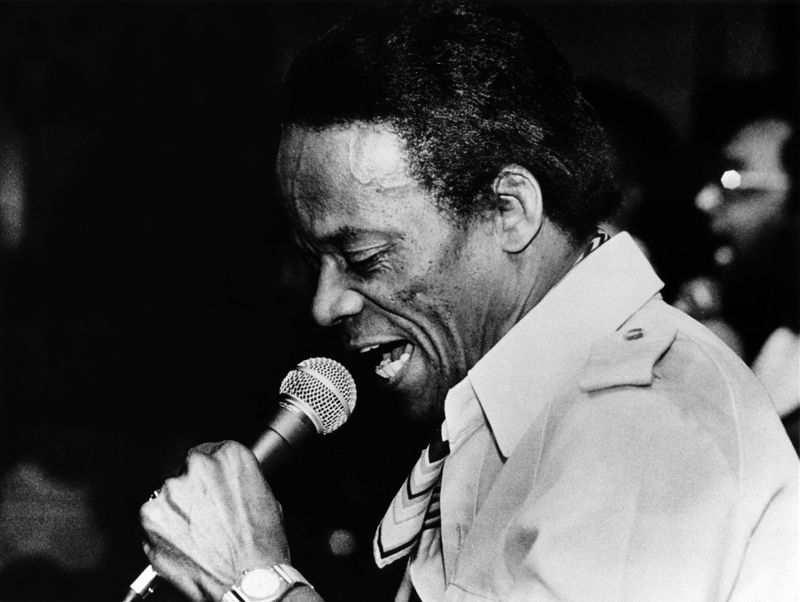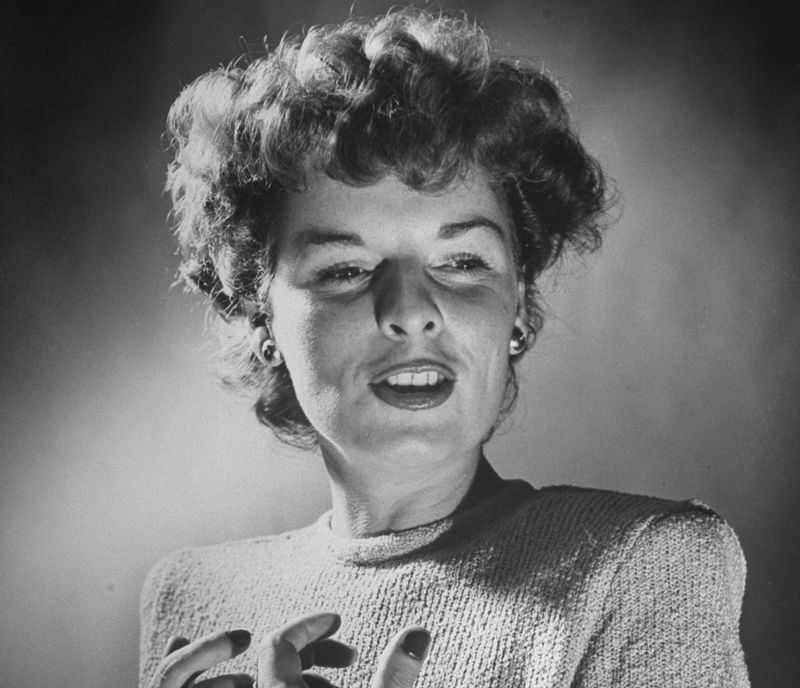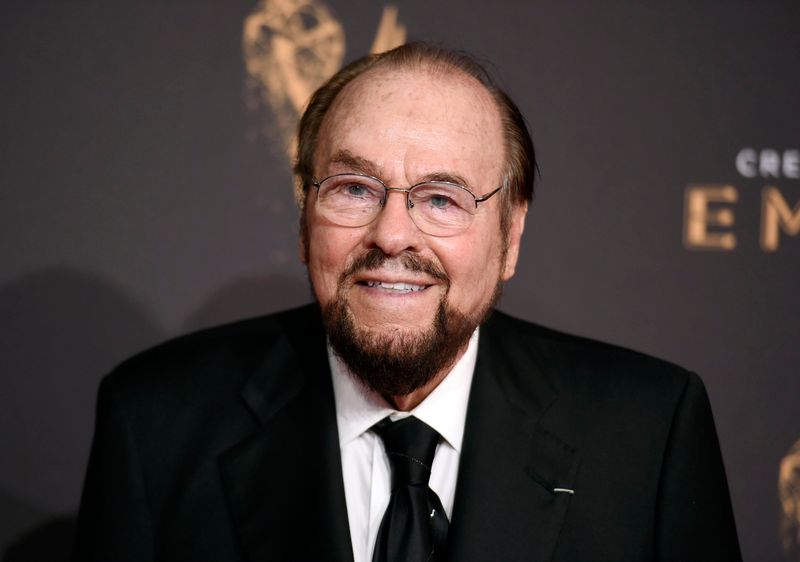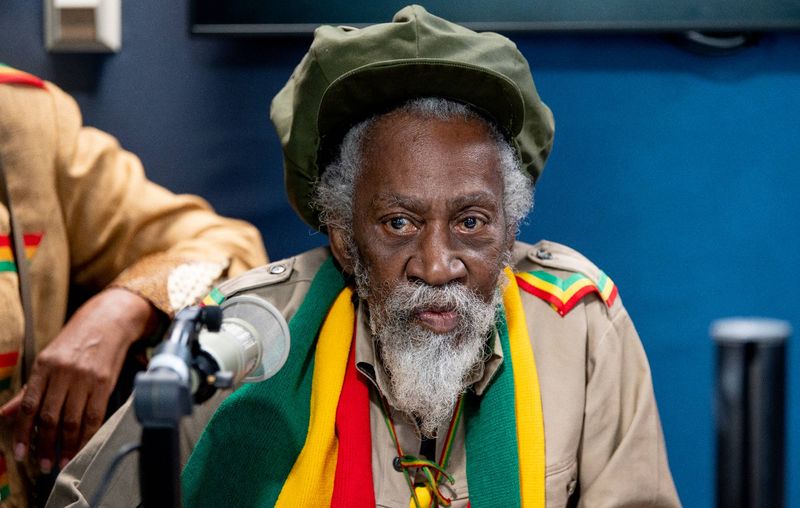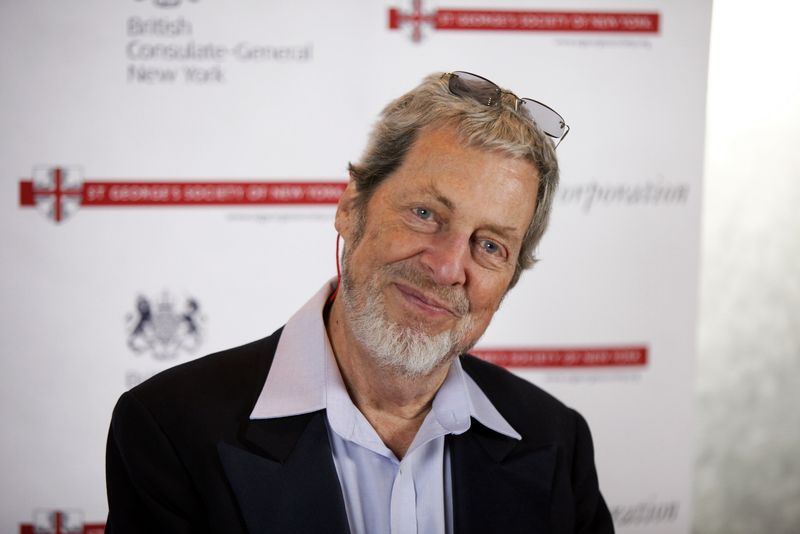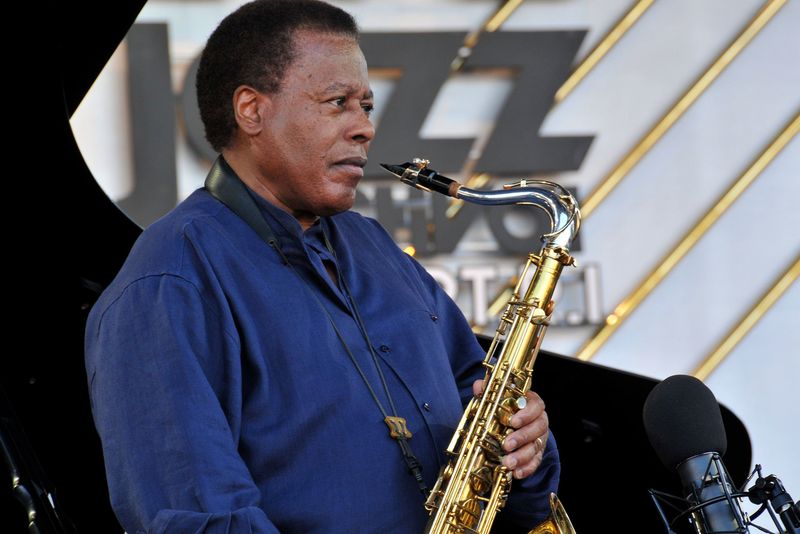March 2 marks a day of remembrance for many notable figures in history. From royalty and artists to scientists and activists, this day commemorates those who have left an indelible mark on the world.
Each description provides a glimpse into their lives and contributions, reflecting on their unique legacies. As we explore the stories of these 38 individuals, we honor their memory and celebrate the impact they made.
Join us in this reflective journey through time, paying tribute to the diverse talents and achievements of these remarkable personalities.
1. Floris II, Count of Holland, 1121
Floris II, Count of Holland, was a pivotal figure in medieval Dutch history. As the first count to officially use the title, he laid the foundation for the future prosperity of Holland.
Floris was known for his diplomatic skills and efforts to strengthen the region’s economy. He fostered trade relations that brought wealth and stability to his domain. Floris also supported the church, enhancing his influence and legacy.
His rule was marked by peace and development, setting the stage for his successors. Floris’ impact is remembered as a cornerstone in the history of the Netherlands.
2. Charles the Good, Count of Flanders, 1127
Charles the Good, Count of Flanders, was a nobleman celebrated for his piety and commitment to justice. His reign was characterized by efforts to reform the legal system and protect the poor.
Charles’ dedication to fairness earned him respect among his subjects. He was also a patron of the arts and culture, encouraging growth in these fields. Unfortunately, his life was cut short by assassination, a testament to the turbulent political climate of his time.
Despite his untimely death, Charles’ legacy as a just and benevolent ruler endures in Flanders’ history.
3. Lothair of France, King of France, 986
Lothair of France was a king whose reign was marked by challenges and consolidation. Ascending to the throne during a period of strife, Lothair worked to unify his realm and strengthen royal authority.
His reign saw efforts to reclaim territories and stabilize the kingdom. Lothair’s diplomatic endeavors included alliances and negotiations with neighboring powers. Though his reign faced opposition, he left an imprint on the French monarchy.
Lothair’s contributions to France’s medieval history are remembered for his attempts to solidify the monarchy and navigate the complexities of his era.
4. Władysław I the Elbow-high, King of Poland, 1333
Władysław I the Elbow-high was a significant figure in Poland’s history, known for his determination and tenacity. Despite his nickname, which referred to his height, he stood tall in his achievements.
Władysław successfully reunified Poland after years of fragmentation, earning the crown in 1320. His reign focused on centralizing power and strengthening the kingdom’s infrastructure.
He was also instrumental in consolidating Poland’s borders, paving the way for future growth. His legacy is celebrated for restoring Polish sovereignty and laying the groundwork for the nation’s prosperity in the centuries to come.
5. Anne of Denmark, Queen Consort of England, 1619
Anne of Denmark was the queen consort of King James I of England and a significant cultural patron. Her marriage to James united the crowns of Scotland and England. Anne’s keen interest in the arts led to flourishing cultural developments at court.
She supported theatrical productions and fostered advancements in architecture. Her court became a hub of artistic expression, influencing English culture. Anne’s diplomatic role also helped maintain peace between England and other European nations.
Though her life faced personal challenges, her contributions to the cultural and political landscape were profound and enduring.
6. Horace Walpole, Historian and Politician, 1797
Horace Walpole was an influential historian and politician, renowned for his wit and literary contributions. As the son of the first British Prime Minister, he was well-versed in politics and society.
Walpole’s creation of Strawberry Hill House, a Gothic Revival masterpiece, is a testament to his artistic vision. He also penned the novel ‘The Castle of Otranto,’ sparking the Gothic literature genre.
Walpole’s letters and writings offer invaluable insights into 18th-century Britain. His legacy encompasses his role as a cultural innovator and chronicler of his time, leaving a lasting impact on art and literature.
7. Carl Gustaf Pilo, Painter, 1793
Carl Gustaf Pilo was a distinguished Swedish painter, known for his exquisite portraits of royalty and nobility. His work is celebrated for its intricate detail and vibrant color.
Pilo served as the court painter for King Frederick V of Denmark, where he captured the likenesses of the royal family. His artistic influence extended beyond Sweden and Denmark, impacting European art.
Pilo’s dedication to his craft is evident in his meticulous approach and ability to convey the sitter’s personality. His legacy as a master portraitist endures, with his works displayed in prestigious art collections.
8. Louis de Rouvroy, Duke of Saint-Simon and Memoirist, 1755
Louis de Rouvroy, Duke of Saint-Simon, was a French nobleman best known for his detailed memoirs, which provide a vivid account of life at the court of Louis XIV.
His writings offer a unique perspective on the politics, personalities, and intrigues of the time. Saint-Simon’s keen observations and literary style have made his memoirs a valuable historical resource.
Despite facing exile, he remained devoted to documenting the intricacies of court life. His legacy is preserved through his extensive writings, which continue to be studied and admired for their historical significance and literary merit.
9. John Wesley, Religious Leader, 1791
John Wesley was a prominent religious leader and the founder of Methodism. His sermons and teachings emphasized personal faith and social reform. Wesley’s evangelical approach attracted a wide following, leading to the establishment of Methodist societies.
His commitment to education and humanitarian work was evident in his initiatives for schools and medical care. Wesley’s itinerant preaching style and dedication to spreading his message transformed religious practice.
He left a lasting legacy through the Methodist movement, which continues to thrive worldwide. Wesley’s influence on religion and society remains significant, inspiring countless individuals in their spiritual journeys.
10. Francis II, Holy Roman Emperor, 1835
Francis II was the last Holy Roman Emperor and a central figure in European political history. His reign witnessed the dissolution of the Holy Roman Empire and the rise of the Austrian Empire.
Francis navigated the complexities of Napoleonic Europe, striving to maintain stability amidst upheaval. He adopted the title of Emperor of Austria, marking a new era for his dynasty.
Francis was known for his conservative policies and efforts to preserve tradition. His legacy is marked by the transformation of Central Europe’s political landscape, as he adapted to the challenges of a rapidly changing world.
11. Nicholas I, Tsar of Russia, 1855
Nicholas I was the Emperor of Russia, known for his autocratic rule and efforts to maintain order in a vast empire. His reign was marked by military expansion and the suppression of dissent.
Nicholas’ policies reflected his desire to uphold traditional values and strengthen central authority. He oversaw significant infrastructure projects, including the expansion of the Russian railway network.
Despite facing opposition, Nicholas’ legacy is remembered for his impact on Russian governance and society. His influence extended beyond Russia’s borders, as he played a critical role in European affairs during a tumultuous period.
12. Carl Sylvius Völkner, Missionary, 1865
Carl Sylvius Völkner was a German missionary who worked in New Zealand during a period of significant cultural change. His efforts focused on spreading Christianity among the Maori people, seeking to bridge cultural divides.
Völkner’s work was met with both acceptance and resistance, reflecting the complexities of missionary activities in colonial settings. His life ended tragically when he was killed during a period of conflict between settlers and indigenous groups.
Völkner’s story highlights the challenges and consequences of missionary work in the 19th century, as well as the enduring impact of cross-cultural interactions.
13. Isma’il Pasha, Khedive of Egypt, 1895
Isma’il Pasha was the Khedive of Egypt, known for his ambitious modernization efforts and grand visions for his country. He sought to align Egypt more closely with Europe, implementing infrastructure projects like the Suez Canal.
Isma’il’s reign saw advancements in education, transportation, and urban development. Despite his vision, his policies led to financial difficulties, resulting in increased foreign influence in Egypt’s affairs.
His legacy is a blend of progress and controversy, as he transformed Egypt during a pivotal era. Isma’il’s impact on Egypt’s modernization continues to be a subject of study and debate.
14. Berthe Morisot, Painter, 1895
Berthe Morisot was a pioneering Impressionist painter, celebrated for her delicate and vibrant depictions of domestic life. As one of the few female artists in the movement, she broke barriers and gained recognition for her talent.
Morisot’s work focused on themes of femininity and family, rendered with a light and expressive brush. Her association with fellow Impressionists, including Claude Monet and Edgar Degas, further enriched her artistic journey.
Morisot’s legacy endures as a trailblazer for women in art, with her paintings continuing to captivate audiences worldwide. Her influence remains significant in the art world.
15. Champ Clark, Politician, 1921
Champ Clark was a prominent American politician and Speaker of the U.S. House of Representatives. Known for his eloquence and leadership, he played a crucial role in legislative affairs.
Clark’s advocacy for progressive reforms, including tariff reductions and income tax, marked his political career. Despite his accomplishments, he faced challenges in his presidential ambitions, narrowly missing the Democratic nomination in 1912.
Clark’s legacy is remembered for his dedication to public service and influence on early 20th-century American politics. His contributions to political discourse and governance continue to be acknowledged by historians and political scholars.
16. Howard Carter, Archaeologist, 1939
Howard Carter was a renowned British archaeologist, best known for discovering the tomb of Tutankhamun in 1922. His meticulous work uncovered the treasures of the young pharaoh, sparking global interest in ancient Egypt.
Carter’s dedication to archaeology and attention to detail led to one of the most significant finds in the field. Despite facing challenges in funding and permissions, his perseverance paid off, revealing insights into Egyptian history.
Carter’s legacy is celebrated for his contributions to archaeology and the preservation of cultural heritage. His discovery continues to inspire fascination with Egyptology worldwide.
17. Charlie Christian, Jazz Guitarist, 1942
Charlie Christian was a pioneering jazz guitarist, whose innovative style transformed the genre. His use of the electric guitar revolutionized jazz music, influencing countless musicians.
Christian’s collaborations with Benny Goodman introduced a new sound that captivated audiences. His improvisational skills and rhythmic flair set him apart as a true innovator. Despite his short life, Christian’s impact on jazz and popular music is profound.
His contributions to the evolution of the guitar in jazz continue to inspire musicians today. Christian’s legacy is celebrated for his groundbreaking artistry and enduring influence on music.
18. Emily Carr, Painter and Author, 1945
Emily Carr was a Canadian painter and author, renowned for her vibrant depictions of Indigenous culture and the Canadian landscape. Her work reflected her deep connection to nature and commitment to capturing the spirit of the land.
Carr’s paintings of totem poles and forests are celebrated for their bold colors and expressive style. Her writings, including her autobiography, offer insights into her artistic journey and personal struggles.
Carr’s legacy is preserved through her contributions to Canadian art and literature, inspiring generations of artists. Her life’s work continues to resonate with audiences worldwide.
19. Fidél Pálffy, Politician, 1946
Fidél Pálffy was a Hungarian politician known for his controversial role during World War II. He was involved in the Hungarian government and military, navigating the complexities of wartime politics.
Pálffy’s actions and alliances during the war have been subject to scrutiny and debate. Despite his involvement in a tumultuous period, his legacy is marked by his efforts to influence Hungary’s political landscape.
His life reflects the challenges faced by leaders in times of conflict and the enduring impact of their decisions. Pálffy’s story continues to be studied by historians examining 20th-century European history.
20. Sarojini Naidu, Poet and Activist, 1949
Sarojini Naidu was a celebrated Indian poet and activist, known as the ‘Nightingale of India.’ Her poetry and oratory inspired the Indian independence movement. Naidu’s eloquence and passion for justice made her a prominent figure in India’s struggle for freedom.
As a close associate of Mahatma Gandhi, she played a vital role in political and social reforms. Naidu’s legacy extends beyond her literary achievements, as she became the first female president of the Indian National Congress.
Her contributions to India’s independence and empowerment of women continue to be honored and celebrated worldwide.
21. Paul Christman, Football Player and Sportscaster, 1970
Paul Christman was an accomplished American football player and sportscaster, known for his contributions on and off the field. As a quarterback, he led his team to numerous victories, earning recognition in the sports community.
After retiring from playing, Christman transitioned to broadcasting, where his insights and charisma made him a beloved commentator. His dual career in sports and media left a lasting impact on American football culture.
Christman’s legacy is celebrated for his dedication to the game and ability to engage audiences. His influence continues to be felt in the worlds of sports and broadcasting.
22. Salvador Puig Antich, Anarchist, 1974
Salvador Puig Antich was a Spanish anarchist and political activist, known for his opposition to the Francoist regime. His involvement in anti-fascist activities marked him as a symbol of resistance against oppression.
Puig Antich’s arrest and subsequent execution became a rallying point for human rights advocates. His legacy is a testament to the fight for freedom and justice in Spain.
Despite his young age, Puig Antich’s courage and ideals continue to resonate with activists worldwide. His story is a poignant reminder of the sacrifices made in the pursuit of liberty and social change.
23. Josiah Mwangi Kariuki, Politician, 1975
Josiah Mwangi Kariuki was a charismatic Kenyan politician known for his advocacy for social justice and economic equality. His vision for a fairer Kenya resonated with the masses, earning him widespread support.
Kariuki’s bold critiques of corruption and inequality often placed him at odds with the establishment. His mysterious assassination shocked the nation, highlighting the political tensions of the time.
Kariuki’s legacy is honored for his commitment to the people of Kenya and his pursuit of a just society. His life’s work continues to inspire political discourse and reform in Kenya today.
24. Eugénie Brazier, Chef, 1977
Eugénie Brazier was a trailblazing French chef, known as one of the first women to achieve three Michelin stars. Her culinary prowess and dedication to French cuisine earned her a place among the greats.
Brazier’s restaurants in Lyon became renowned for their exquisite dishes and warm hospitality. Her influence extended beyond the kitchen, as she mentored future culinary stars.
Brazier’s legacy is celebrated for her contributions to French gastronomy and her role in breaking gender barriers in the culinary world. Her life’s work continues to inspire chefs and food enthusiasts worldwide.
25. Christy Ring, Hurler, 1979
Christy Ring was an iconic Irish hurler, celebrated for his exceptional skill and sportsmanship. His career spanned over two decades, during which he won numerous championships and accolades.
Ring’s dedication to the sport and his team made him a beloved figure in Irish sports. His influence extended beyond the field, as he inspired future generations of hurlers.
Ring’s legacy is remembered for his contributions to the Gaelic Athletic Association and his passion for hurling. His story reflects the spirit of Irish sportsmanship and the enduring love for the game.
26. Philip K. Dick, Science Fiction Author, 1982
Philip K. Dick was a visionary science fiction author, whose imaginative works explored complex themes of reality and identity.
His novels, such as ‘Do Androids Dream of Electric Sheep?’ and ‘The Man in the High Castle,’ challenged conventional narratives and captivated readers. Dick’s writing style and philosophical questions left a profound impact on the science fiction genre.
His legacy is celebrated for his contributions to literature and his influence on film adaptations. Dick’s exploration of technology and humanity continues to resonate with audiences, inspiring new generations of writers and thinkers.
27. Randolph Scott, Actor, 1987
Randolph Scott was a beloved American actor, best known for his roles in Western films. His rugged charm and strong screen presence made him a favorite among audiences.
Scott’s career spanned over three decades, during which he appeared in numerous box office hits. His portrayal of stoic and heroic characters left a lasting impression in the film industry.
Scott’s legacy is celebrated for his contributions to the Western genre and his embodiment of American ideals. His films continue to entertain and inspire, reflecting the timeless appeal of the Western narrative.
28. Serge Gainsbourg, Singer-Songwriter, 1991
Serge Gainsbourg was a French singer-songwriter, known for his provocative and eclectic music. His unique style blended various genres, from jazz and pop to reggae and rock.
Gainsbourg’s lyrics were often controversial, reflecting his rebellious spirit and creative flair. His collaborations with artists like Jane Birkin and Brigitte Bardot added to his allure. Despite polarizing opinions, Gainsbourg’s influence on music and culture is undeniable.
His legacy is celebrated for pushing artistic boundaries and his lasting impact on French chanson. Gainsbourg’s work continues to be revered by fans and musicians around the world.
29. Sandy Dennis, Actress, 1992
Sandy Dennis was an acclaimed American actress, known for her distinctive voice and compelling performances. Her work in film, theater, and television earned her critical acclaim and prestigious awards, including an Academy Award for Best Supporting Actress.
Dennis’s unique acting style and ability to convey complex emotions captivated audiences. Her legacy is celebrated for her contributions to the performing arts and her influence on future generations of actors.
Dennis’s dedication to her craft and memorable roles continue to inspire and entertain. Her story reflects the enduring power of theater and film.
30. Dusty Springfield, Singer, 1999
Dusty Springfield was a legendary British singer, renowned for her soulful voice and emotive performances. Her hits, such as ‘Son of a Preacher Man’ and ‘I Only Want to Be with You,’ captivated audiences worldwide.
Springfield’s influence on the music industry was profound, as she bridged the gap between pop and soul. Her style and presence on stage set her apart as an icon of the 1960s.
Springfield’s legacy is celebrated for her contributions to music and her lasting impact on pop culture. Her songs continue to resonate with fans across generations.
31. Hank Ballard, Singer-Songwriter, 2003
Hank Ballard was a pioneering singer-songwriter, known for his contributions to rhythm and blues and rock and roll. His hits, including ‘The Twist,’ played a significant role in shaping popular music.
Ballard’s energetic style and catchy tunes captivated audiences and inspired dance crazes. His influence extended beyond music, as he broke racial barriers in the entertainment industry.
Ballard’s legacy is celebrated for his innovative approach and impact on music history. His work continues to inspire musicians and dancers alike, reflecting the vibrant spirit of rock and roll.
32. Mercedes McCambridge, Actress, 2004
Mercedes McCambridge was a talented American actress, known for her powerful voice and dynamic performances. Her work in film, radio, and television earned her critical acclaim and awards, including an Academy Award for Best Supporting Actress.
McCambridge’s versatility and dedication to her craft set her apart in the entertainment industry. Her legacy is celebrated for her contributions to acting and her influence on future performers.
McCambridge’s memorable roles continue to captivate audiences, reflecting her enduring impact on film and theater. Her story is a testament to the power of performance and artistry.
33. Jeff Healey, Blues Guitarist and Singer, 2008
Jeff Healey was a Canadian blues guitarist and singer, celebrated for his unique style and musical talent. Despite losing his sight as a child, Healey’s passion for music led him to develop a distinctive guitar playing technique.
His powerful voice and virtuosic skills captivated audiences worldwide. Healey’s contributions to blues and rock music earned him critical acclaim and a devoted fan base.
His legacy is remembered for his perseverance and innovation in the music industry. Healey’s work continues to inspire musicians, reflecting his enduring influence on the guitar and blues genres.
34. James Lipton, TV Host and Writer, 2020
James Lipton was a renowned TV host and writer, best known for his role as the host of ‘Inside the Actors Studio.’ His insightful interviews with actors provided an in-depth look into their craft and personal journeys.
Lipton’s warmth and curiosity made the show a beloved staple in the entertainment industry. His dedication to exploring the art of acting enriched audiences and aspiring performers alike.
Lipton’s legacy is celebrated for his contributions to television and the arts, as he inspired generations of viewers. His work continues to influence the world of entertainment and education.
35. Bunny Wailer, Reggae Singer, 2021
Bunny Wailer was a legendary reggae singer and founding member of The Wailers, alongside Bob Marley and Peter Tosh. His contributions to reggae music and Jamaican culture were profound.
Wailer’s distinctive voice and soulful lyrics resonated with fans worldwide. His solo career further solidified his status as a reggae icon. Wailer’s legacy is celebrated for his role in popularizing reggae and promoting social change through music.
His influence continues to inspire artists and audiences, reflecting the enduring power of reggae. Wailer’s contributions to music and culture remain an integral part of his lasting legacy.
36. Tony Walton, Set and Costume Designer, 2022
Tony Walton was a distinguished set and costume designer, known for his innovative work in theater and film. His designs earned him numerous awards, including an Academy Award and multiple Tony Awards.
Walton’s creativity and attention to detail brought stories to life on stage and screen. His collaborations with major directors and productions showcased his versatility and artistic vision.
Walton’s legacy is celebrated for his contributions to the visual arts and his influence on design. His work continues to inspire designers and theater enthusiasts, reflecting his enduring impact on the industry.
37. Rafael Viñoly, Architect, 2023
Rafael Viñoly was a visionary architect, recognized for his innovative and functional designs. His projects spanned the globe, from skyscrapers to cultural institutions.
Viñoly’s work was characterized by its modern aesthetics and commitment to sustainability. His influence on architecture was profound, as he pushed the boundaries of design and engineering.
Viñoly’s legacy is celebrated for his contributions to urban landscapes and architectural innovation. His work continues to inspire architects and city planners, reflecting his enduring impact on the built environment.
Viñoly’s story is a testament to the power of creativity and vision in architecture.
38. Wayne Shorter, Saxophonist and Composer, 2023
Wayne Shorter was an influential saxophonist and composer, whose contributions to jazz shaped the genre. His work with groups like Weather Report and collaborations with jazz legends solidified his status as a musical innovator.
Shorter’s compositions were celebrated for their complexity and emotional depth. His legacy is remembered for his impact on jazz and his ability to push musical boundaries. Shorter’s influence extended beyond jazz, inspiring musicians across various genres.
His work continues to resonate with audiences, reflecting the timeless appeal of his artistry. Shorter’s story is a testament to the transformative power of music.
